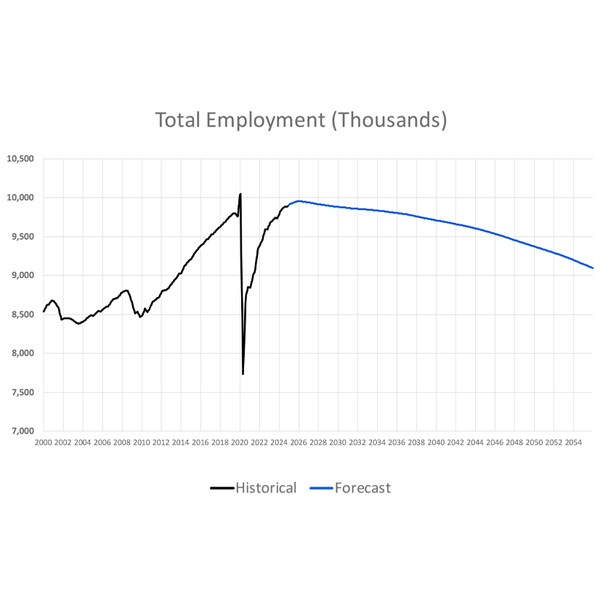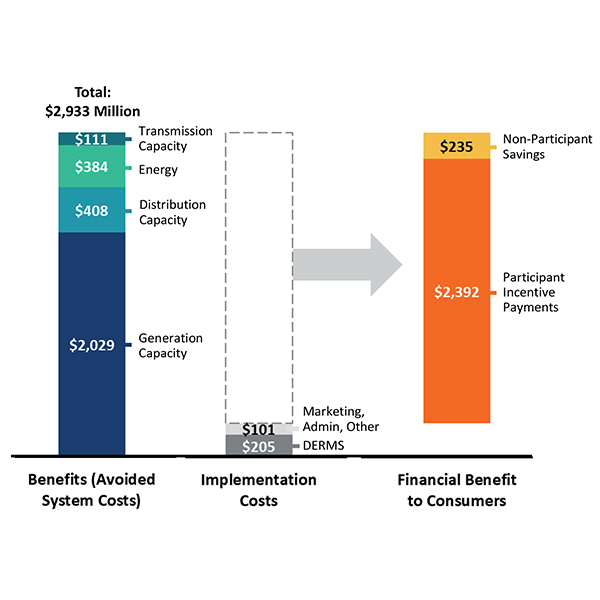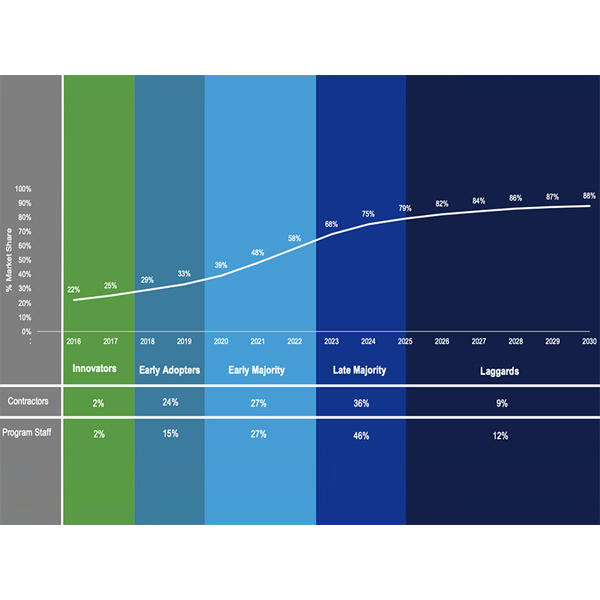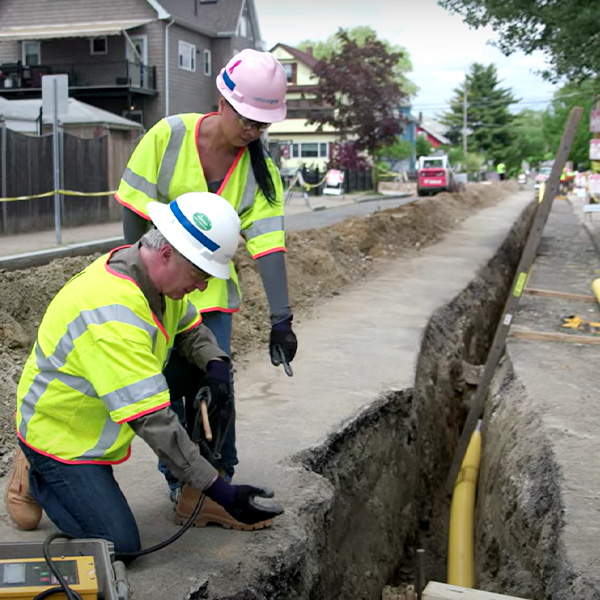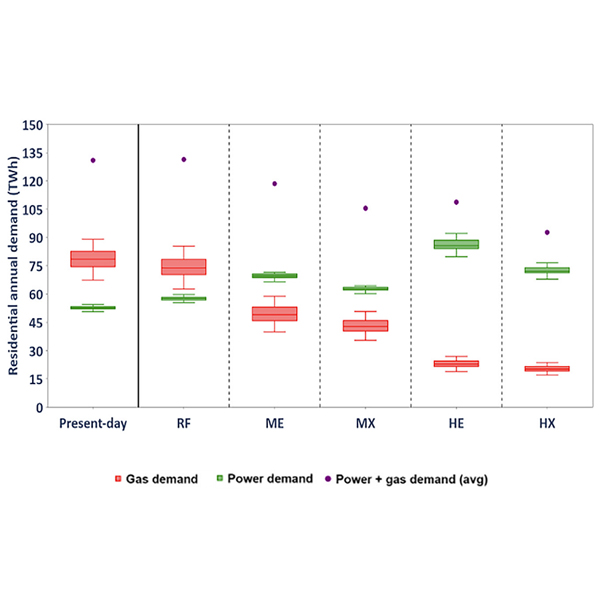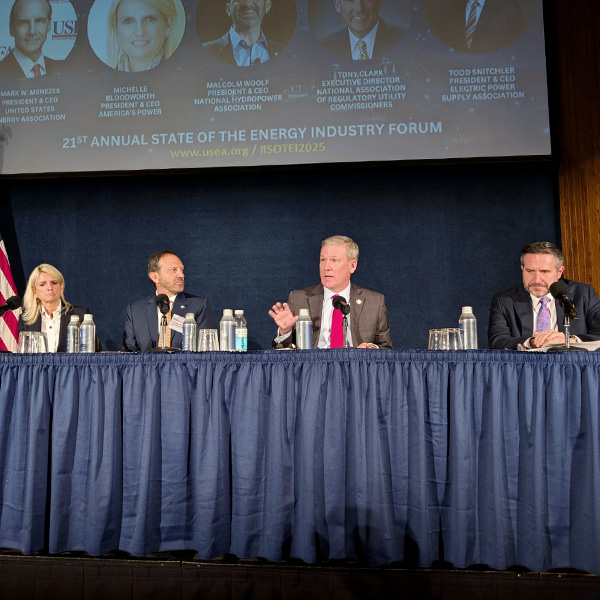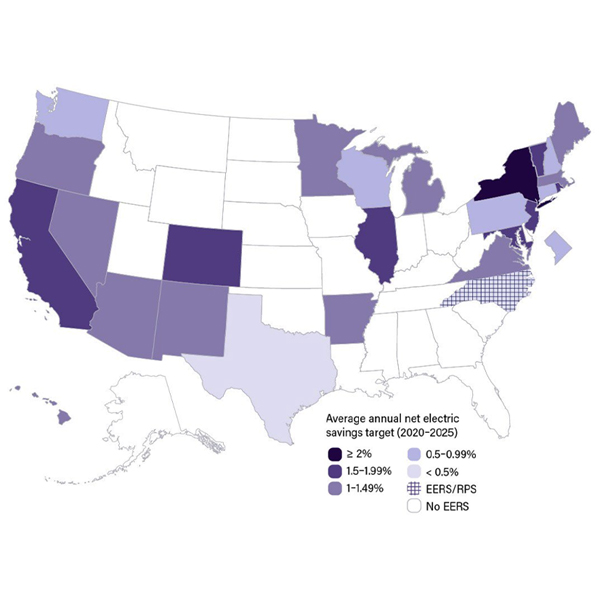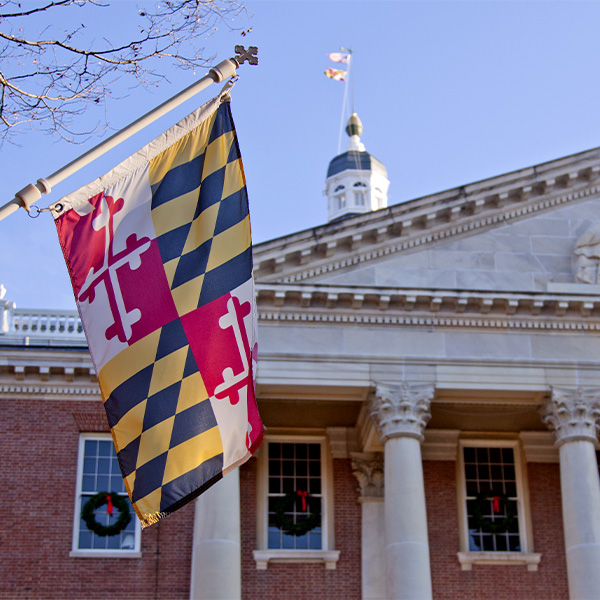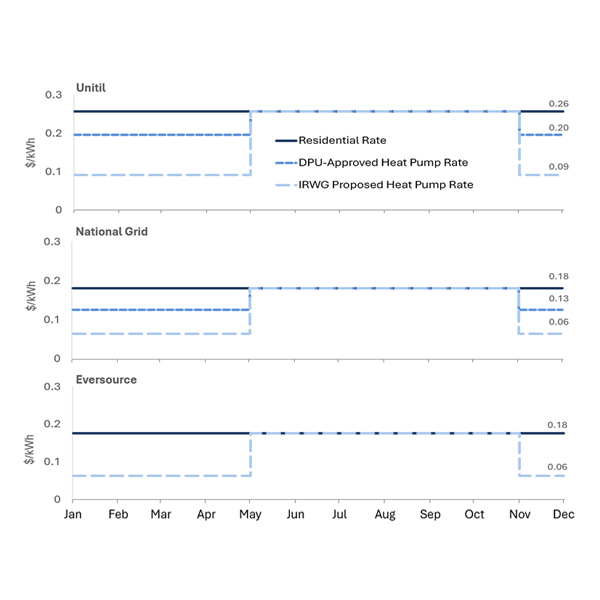Building Decarbonization
NYISO presented its assumptions for the economic and electrification trends that would drive load growth through the 2040s based on Moody’s Analytics data, which show statewide population to “significantly” decline.
A Brattle Group study found that New York could achieve 8.5 GW in “grid flexibility” measures by 2040, saving consumers more than $2 billion a year.
Energy efficiency upgrades in the commercial and industrial sector have made LED lighting so common that additional upgrades require more than just swapping old bulbs for new technology, according to a DNV report.
The Massachusetts DPU has proposed requiring customers who request new gas service to cover the full cost of any needed line extensions, which effectively would end utilities’ practice of spreading the costs across their rate base.
While heating electrification in New England is poised to drive major increase in peak demand, electrifying about 80% of households could reduce the combined cost of the region’s electric and gas systems by 21 to 29%, according to a new study.
Participants at the United States Energy Association’s 2025 State of the Energy Industry Forum discussed topics such as demand growth, nuclear fusion and energy efficiency.
ACEEE released a report highlighting how states are moving forward with energy efficiency resource standards and laying out some best practices.
Vermont’s Public Utility Commission is recommending alternatives to the Clean Heat Standard it was tasked with developing.
The rising opposition to the Maryland Piedmont Reliability Project, a 67-mile, 500-kV transmission line, and general dissatisfaction with PJM and utility grid planning and interconnection policies, are driving new bills in the General Assembly.
The adoption of simple near-term rate reforms could help Massachusetts achieve its electrification goals while minimizing effects on ratepayers, an interagency working group concluded.
Want more? Advanced Search
